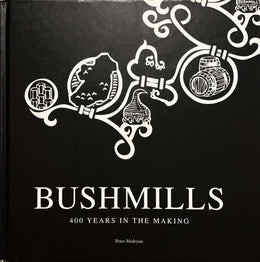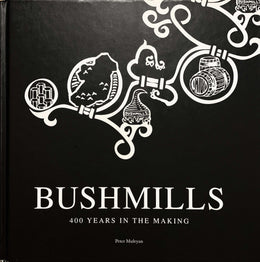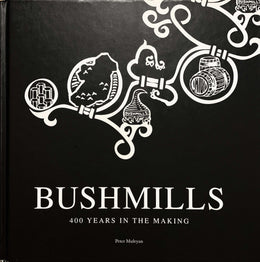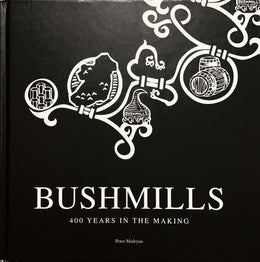In this modern age of EU food regulations, it is sometimes easy to forget that not so long ago things were very different. At the turn of the 20th century not only were there no barcodes and 'best before' dates, but they didn't even have a legal definition of 'whiskey'.

"Many hold that the pot still product matured and ripened by age is the only spirit that should be designated whiskey", wrote William P Coyne in the official handbook for the Irish Pavilion at the Glasgow International Exhibition of 1901. That about summed up the situation: what constituted whiskey then was simply a matter of opinion.
In 1890 a legal definition of 'whiskey' had been rejected. This is the best the Select Committee on British and Foreign Spirits could come up with:

"Whiskey is certainly a spirit consisting of alcohol and water."
This loose definition meant that gin, vodka, or even 'silent spirit' could be sold as 'whiskey'. It was only a matter of time before this uncertain and unsatisfactory position was tested in law. So when the London borough of Islington won a court case in 1905 by proving two publicans had acted fraudulently in selling a bottle containing one-year-old, 90% alcohol by volume 'silent spirit' as whiskey, the industry was rocked. The magistrate's judgement follows:
"I must hold that by Irish or Scotch whisky is now meant a spirit obtained in the same methods by the aid of the form of still known as the pot still."
In other words patent-still spirit was not whiskey. A legal precedent had been set, but the matter hadn't been settled.
In February 1908 the Royal Commission on Whiskey and other Potable Spirits, sat for the first time. Their job, once and for all, was to decide 'What is whiskey?'
After seventeen months, thirty-seven sittings and one hundred and sixteen witnesses the Royal Commission found in favour of the grain distillers. They were "unable to recommend that the use of the word whiskey should be restricted to spirit manufactured by the pot still process".
The grain distillers had won, and so had Scotch whisky. Outside of Belfast the Irish industry was totally reliant on the pot still market, and people were not buying anything like the quantities they once had. Scotch blends had found favour, and the mixture of peaty malt and mellow grain whiskies was here to stay. But there was no comfort in this for Belfast's grain plants. In order to protect its core business, the Scottish distilling giant Distillers Company Limited attempted to gain control of Northern Ireland's four main grain distilleries. By 1922 it had succeeded, at which point it simply closed them down.
Written by Peter Mulryan
The text is an excerpt from "Bushmills: 400 Years in the Making" (pp. 35 - 36), written by Peter Mulryan, published 2008 by Appletree Press Limited.







